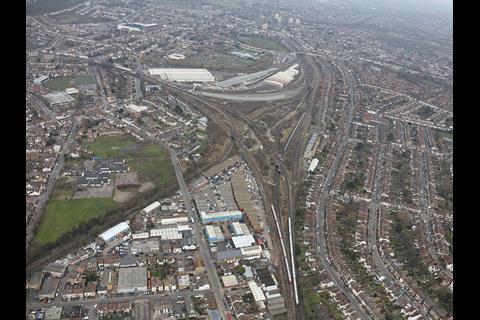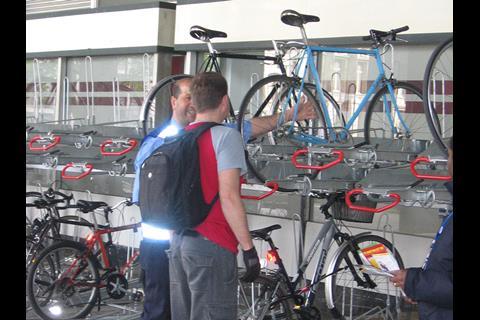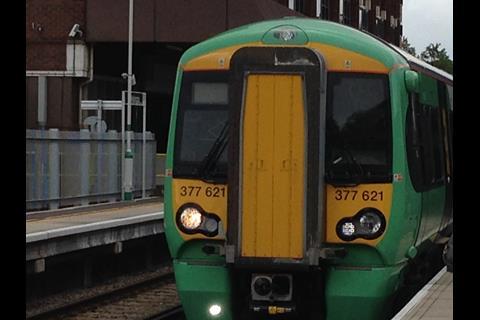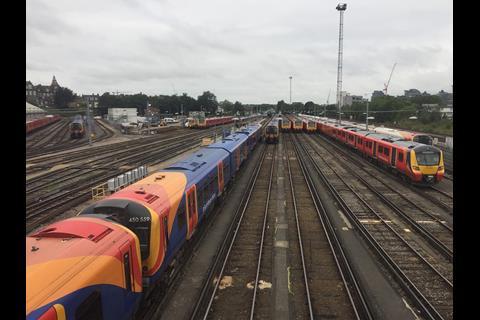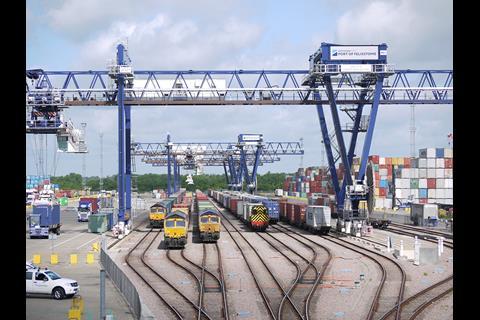UK: The London Assembly’s Transport Committee published a report on November 26 setting out what it sees as the short-term priorities for heavy rail services in the capital.
Broken Rails: A Rail Service Fit for Passengers makes six recommendations:
1. Effective small-scale interventions: The committee’s key recommendation is that infrastructure manager Network Rail should deliver a plan for targeted works such as signalling upgrades and the construction of turnback sidings which would enable the operation of more frequent and longer trains; it says the Mayor of London and Transport for London should press the Department for Transport and Network Rail to deliver these priority projects urgently.
2. Healthy Stations: The Mayor and TfL should produce a ‘healthy stations charter’ to improve access for pedestrians, cyclists and passengers with disabilities.
3. Passenger engagement: There should be a station user group for every station.
4. A single rail strategy for London: London currently has no overall rail strategy, but the committee believes TfL and Network Rail should produce one that all parties will commit to implementing.
5. Improving accessibility: Funding available for accessibility upgrades is ‘far too small’, the committee says. The Mayor and TfL should press the Department for Transport to increase Access for All funding and ensure all priority upgrades are delivered in the next five years.
6. Increase funding: TfL should consider all options to increase funding for London’s rail network, including funding Network Rail schemes and contributing to projects outside London. An example could be funding upgrading and electrification of the route between Felixstowe and Nuneaton, allowing more freight services to avoid London and thus releasing capacity for more frequent passenger trains in the capital.
The committee said it would support further devolution of responsibility for awarding operating contracts from DfT to TfL, but ‘we believe it is critical that improvements to London’s suburban rail services are prioritised now and regardless of which operators are running the services.’

